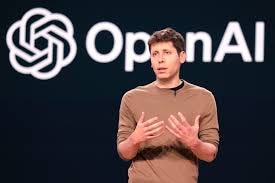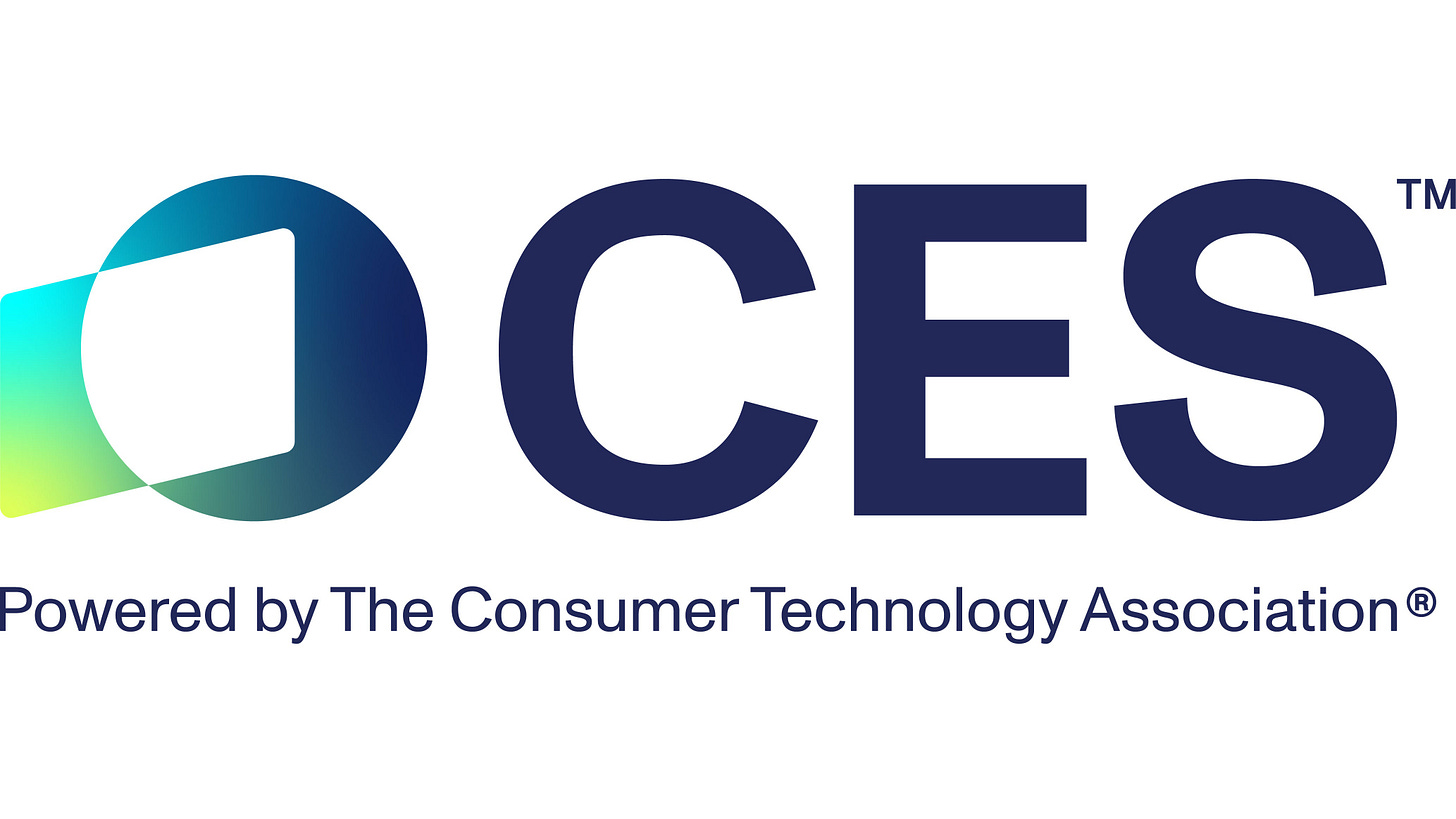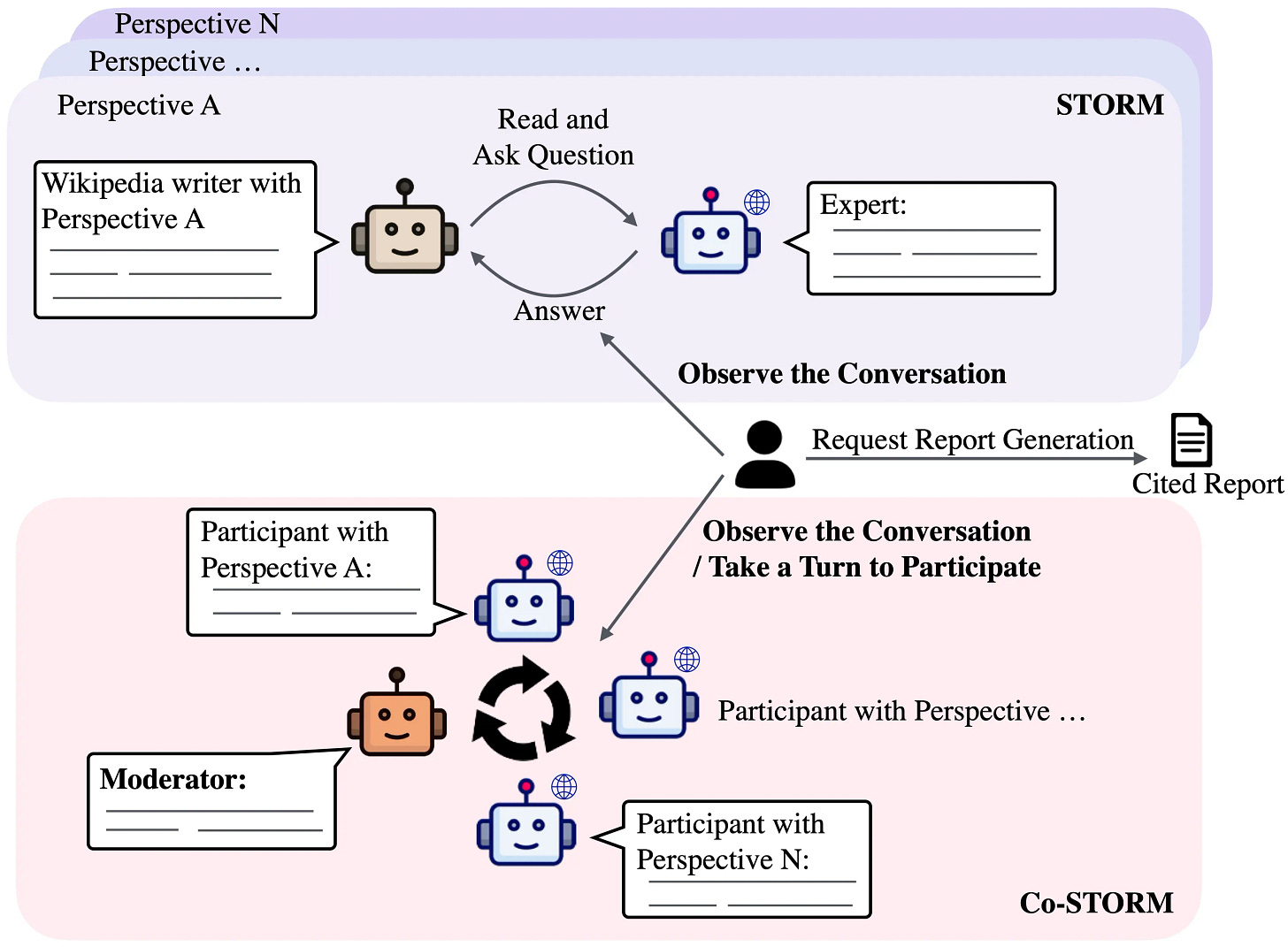🤯OpenAI Ready to Build AGI
From Altman's vision of AI agents joining the workforce to Nvidia's $5K supercomputer at CES, and Stanford's 3-minute article writer - the future of AI is unfolding now.
As we step into the early days of 2025, the landscape of artificial intelligence continues to evolve at a breathtaking pace, weaving itself more deeply into the fabric of our daily lives. The story of AI's advancement is unfolding across multiple fronts, from the bustling halls of CES to the quiet corridors of Stanford University, and through the reflective words of industry leaders.
Sam Altman, having weathered the storms of corporate governance in late 2023, now stands at the helm of OpenAI with renewed vision and purpose. His recent "Reflections" blog post paints a picture of a future where AI agents work alongside humans, not as mere tools, but as autonomous colleagues capable of independent thought and action. It's a future that's approaching faster than many might have anticipated, with 2025 marked as the year when these digital workers will begin to join our workforce in earnest.
This vision of tomorrow is already taking shape at CES 2025, where Nvidia's "Project Digits" supercomputer emerges as a testament to humanity's growing computational ambitions. Priced at $5,000 – a fraction of what such power would have cost just years ago – it promises to democratize access to advanced AI capabilities. Meanwhile, Samsung's Vision AI is reimagining our relationship with screens, making them more intuitive and responsive to our needs than ever before.
Yet perhaps the most profound transformation is happening in the realm of knowledge creation itself. Stanford University's STORM&Co-STORM system represents a quantum leap in how we process and synthesize information. In just three minutes, this system can generate comprehensive academic articles that once might have taken weeks to research and write. It's not just about speed – it's about depth and breadth of understanding, with 70% of users finding it superior to traditional search methods.
Let's explore these updates.
Sam Altman's Vision: The Future of AI Agents by 2025
In his recent blog post "Reflections," Sam Altman discusses significant updates regarding OpenAI's trajectory, particularly the prediction that by 2025, autonomous AI agents will begin joining the workforce. He emphasizes that these intelligent agents will be capable of completing tasks independently, potentially transforming productivity and operational efficiency in companies. Altman reflects on the challenges faced during his leadership, including a tumultuous period in 2023 when he was briefly dismissed as CEO, which he describes as a governance failure. He expresses a commitment to learning from these experiences and believes that OpenAI's vision remains steadfast despite evolving tactics. Overall, Altman conveys optimism about the future of artificial general intelligence (AGI) and its implications for society.
AI Innovations Shine at CES 2025
At CES 2025, significant advancements in artificial intelligence were showcased across various sectors. Nvidia unveiled its new AI supercomputer, "Project Digits," which is designed to empower AI researchers and developers with substantial computational power, enabling them to run large AI models efficiently. This supercomputer is expected to be available in May 2025, starting at around $5,000. Additionally, Nvidia introduced the GeForce RTX 50 Series GPUs, which feature enhanced AI performance and are optimized for generative AI content creation, promising up to twice the performance of previous models. Samsung also made headlines with its introduction of Samsung Vision AI, which aims to create personalized, adaptive screens across its TV lineup, including Neo QLED and OLED models. The new TVs will incorporate advanced AI features for improved user experiences. Furthermore, Samsung's Home AI initiative focuses on seamless integration across smart home devices to enhance everyday living. Overall, CES 2025 highlighted the growing integration of AI technologies in consumer electronics, with a strong emphasis on improving user interfaces and enhancing productivity through advanced computational capabilities.
Stanford Unveils STORM & Co-STORM for AI-Powered Writing
Stanford University has unveiled its innovative STORM&Co-STORM system, which is now open-sourced and designed to enhance academic writing through the integration of multi-source information. This system allows users to generate high-quality long articles simply by inputting a topic keyword, effectively avoiding information blind spots and improving writing efficiency. The core technologies include support from Bing Search and GPT-4o mini, enabling the system to produce structured texts within three minutes. The STORM component iteratively creates outlines and articles through multi-angle Q&A interactions, while Co-STORM generates dynamic mind maps through dialogues among multiple agents. Although the system currently supports only English, it may expand to multilingual capabilities in the future. Human evaluations indicated that Co-STORM significantly enhances information depth and user experience, with 70% of participants preferring it over traditional search engines. This development marks a significant step forward in how users can access and organize information for academic purposes.
Hand Picked Video
In this video, we delve into OpenAI's recently unveiled AGI roadmap and their claim of nearing level two out of five on the path to Artificial General Intelligence (AGI).
Top AI Products from this week
TestSprite 1.0 - TestSprite is the first AI end-to-end testing agent for small and growing developer teams.
Your Interviewer - Meet Kathie, your Voice AI Interviewer. Pick a topic, choose your format, and let Kathie do the rest: from social to blog posts, business plans to memoirs - Kathie can generate anything.
2Read - Sync Kindle highlights, reflect daily, explore insights, and enjoy AI tools for summaries and definitions. Manage goals, quick book summaries, and export highlights. Elevate your Kindle reading with 2Read!
fixa - fixa helps you run simulated tests, analyze production calls, and fix bugs in your voice agents. oh, and we're fully open source.
Wegic - Wegic is your AI website team — Your AI designer, developer, and manager. Just chat, and your site will be built, ran, and effortlessly updated.
Marketeam - Jane is your 1st AI coworker from Marketeam.ai, a master of Content Marketing, SEO, and AEO. She drives strategy, research, and execution to create high-impact content that dominates rankings. Simplify workflows, cut costs, and grow faster with no extra hires.
Project Ambience - Get deep work done with AI-tailored ambience mixes to enhance focus, boost productivity, and promote relaxation. Tell our AI what you're doing and it will create the perfect environment for work, study, or unwinding. It's Simple, Seamless, & Distraction-Free.
This week in AI
OpenAI Pro Subscription Update - OpenAI is losing money on its ChatGPT Pro subscriptions due to unexpectedly high usage, raising concerns about the service's financial sustainability.
Apple Faces AI Alert Criticism - Apple is urged to remove its AI news feature after it generated false alerts, causing misinformation. Critics demand action to protect public trust in news accuracy.
Intel's New Processors Boost AI Performance - Intel unveiled its new Core Ultra processors, promising 2x to 3x performance improvements for AI applications, enhancing capabilities for developers and businesses.
Introducing TangoFlux - TangoFlux is a new text-to-audio model that generates high-quality audio in just 3.7 seconds. It uses innovative techniques for better alignment and performance.






